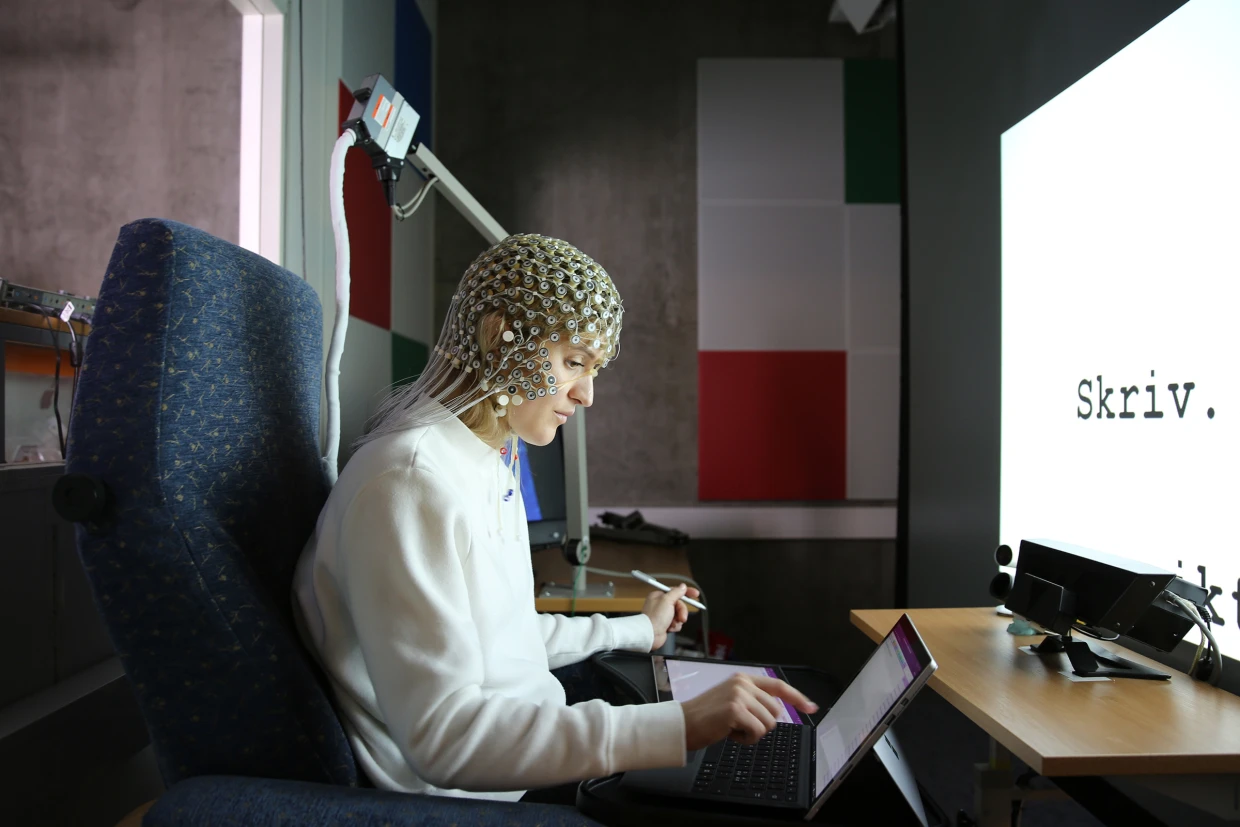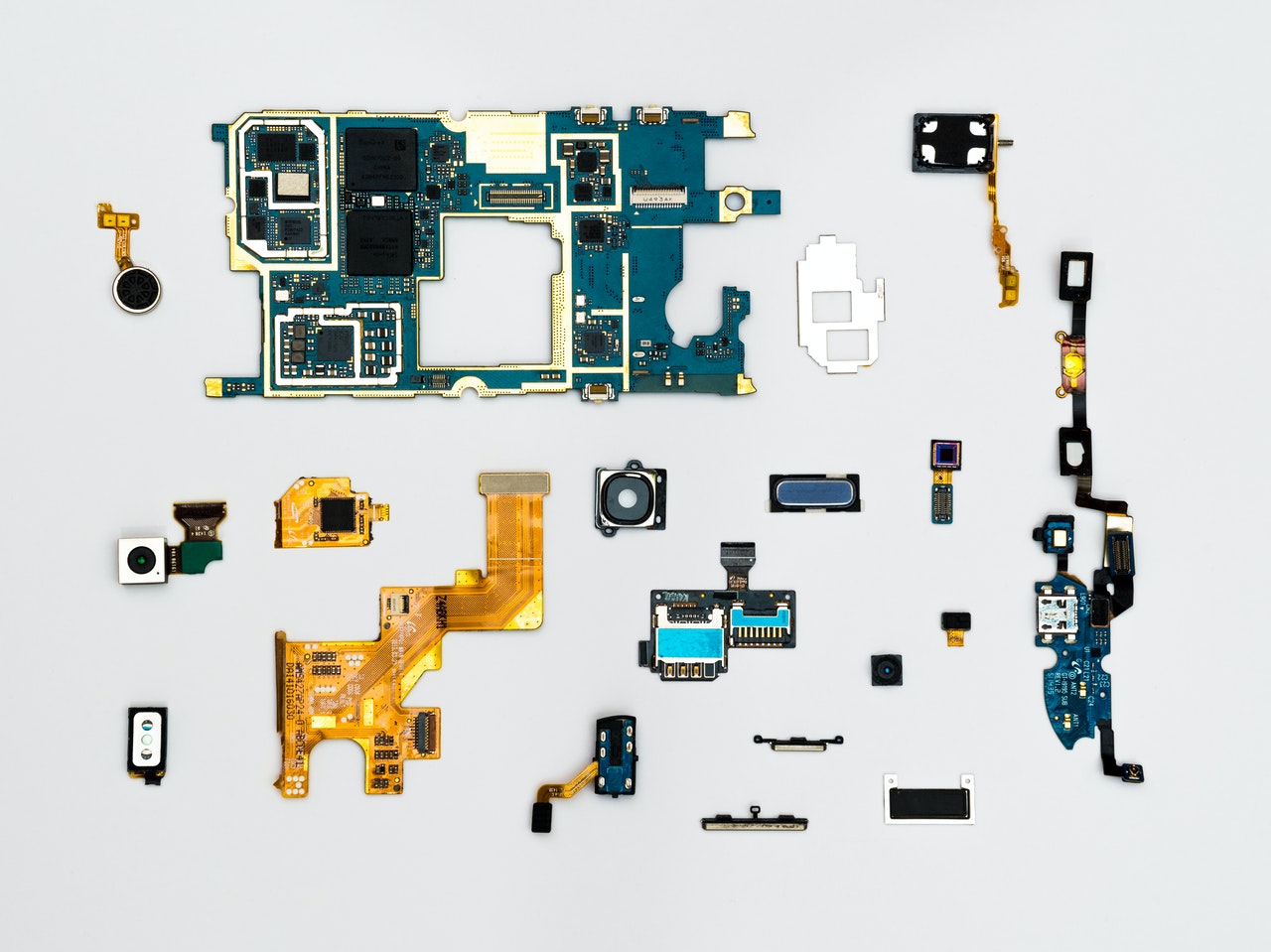Blue light-blocking glasses have gained popularity in recent years. Advertisers and optometrists extol their benefits, which include reducing digital eye strain, improving sleep by blocking sleep-disrupting blue light, and preventing potential risks of macular degeneration. They also claim to alleviate headaches, enhance visual comfort, and protect against excessive blue light exposure.
However, these assertions might be exaggerated to extract additional money.
A meta-analysis conducted by the University of Melbourne researchers in collaboration with colleagues from Monash University and the City University of London suggests that glasses designed to block blue light might not fulfill these assertions.
Lack of Conclusive Evidence for Advertised Benefits
Researchers looked at 17 studies from six countries that examined blue-light-blocking glasses. The studies found no conclusive evidence for the claimed benefits. Despite advertising claims and prescription practices, no clear link was established between these glasses and improved eye health, sleep quality, or visual performance.
Realistic Impact of Blue Light Filtering
Sumeer Singh, the lead author of the study said, “The amount of blue light our eyes receive from artificial sources, such as computer screens, is about a thousandth of what we get from natural daylight”.
“It’s also worth bearing in mind that blue-light filtering lenses typically filter out about 10-25% of blue light, depending on the specific product. Filtering out higher levels of blue light would require the lenses to have an obvious amber tint, which would have a substantial effect on color perception.”
More research is necessary to determine if the effects of blue-light filtering lenses vary across user groups. Comprehensive clinical studies with longer follow-ups and diverse populations are essential to fully understand the impact of these lenses on visual performance, sleep, and eye health.







